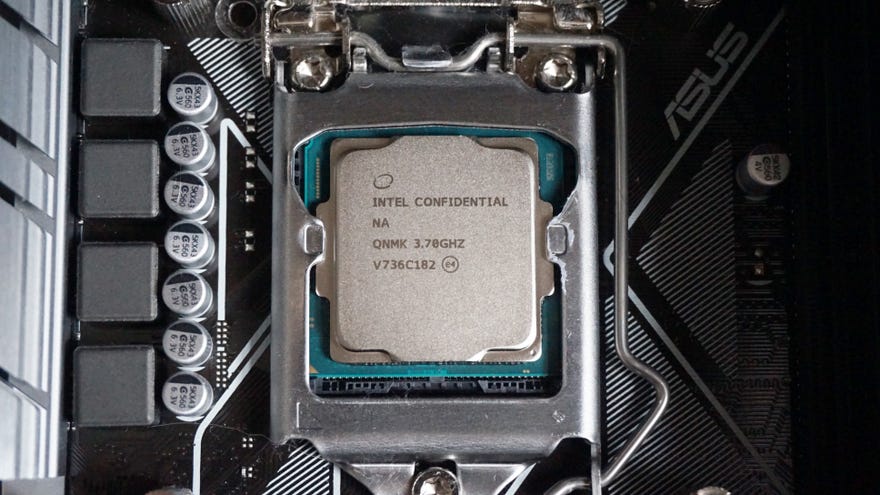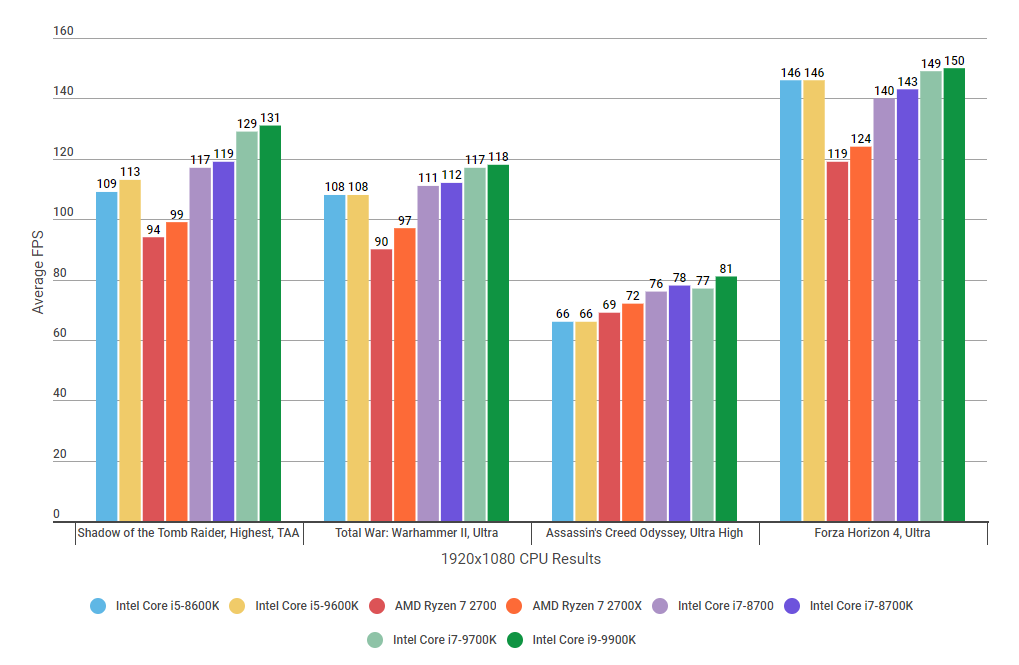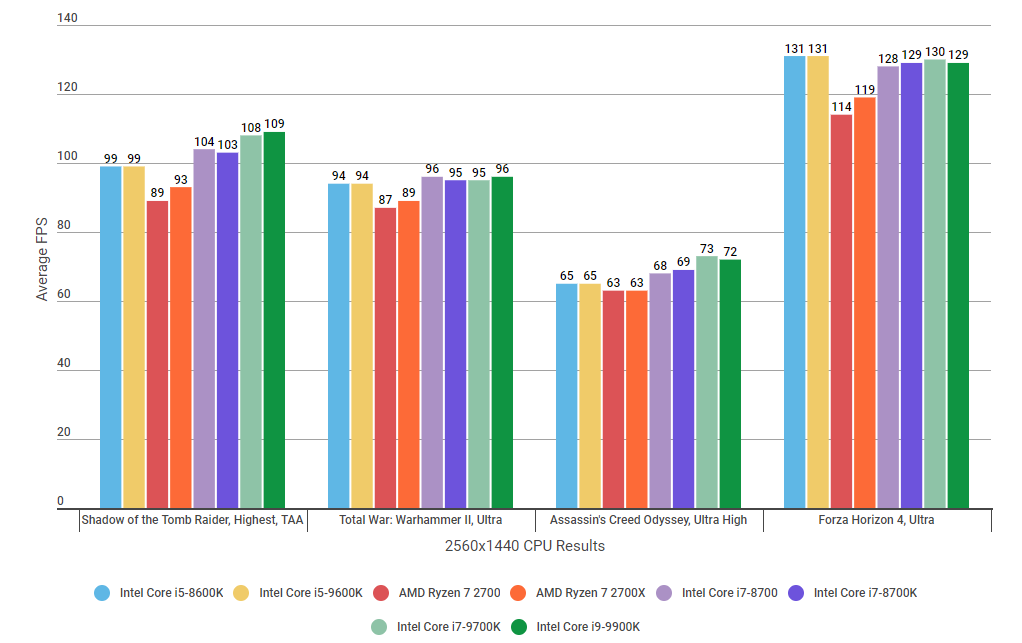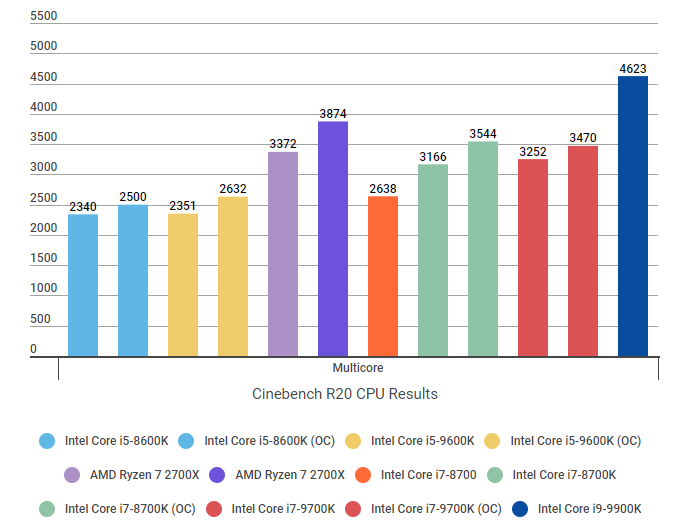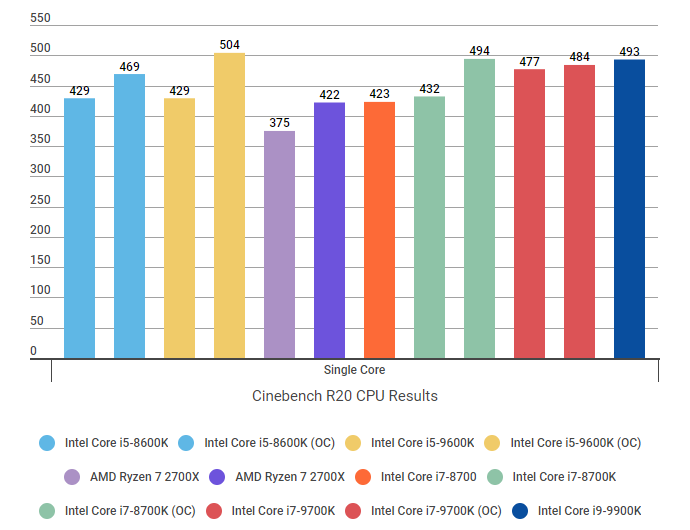Intel Core i7-8700K review: Get the i7-9700K instead
When the chips are down
Here it is, the big daddy of Intel's 8th Gen Coffee Lake gaming processors. Once the six-core king of the bestest best gaming CPUs, the Core i7-8700K has since been dethroned by both its immediate 9th Gen Coffee Lake successor, the Intel Core i7-9700K, and Intel's new super duper Core i9-9900K. Both CPUs, however, are still relatively expensive compared to the i7-8700K, so is this £345 / $350 processor still worth seeking one out for your next PC build? Here's wot I think.
Like Intel's Core i7-8700 before it, the Core i7-8700K is a six-core, twelve thread gaming CPU. The key difference, however, is that the 8700K is unlocked for overclocking, giving it more potential for faster multi-tasking performance and nippier gaming speeds. In theory, at least. When I tried overclocking the Core i7-8700K with my BeQuiet BK009 Pure Rock cooler, for example, I wasn't able to push its max Turbo Boost speed any higher than its default speed of 4.7GHz. Any faster and my PC would immediately crash.
As a result, you're going to need a much more substantial cooling solution to get the best out of the Core i7-8700K, but that's not to say it's not worth considering if you've only got a standard tower cooler like I do. Indeed, the Core i7-8700K's gaming performance sans overclocking is still pretty darn fast in the grand scheme of things, and certainly a heck of a lot nippier than what AMD's top Ryzen 7 2700X is capable of under the same conditions.
Admittedly, testing any CPU's gaming performance is still a bit of a difficult undertaking. As our friends at Digital Foundry have explained in the past, a lot of benchmarks either don't test your CPU properly, or simply aren't very accurate in the first place. Fortunately, a handful of gaming benchmarks have got a lot better at this recently, with the likes of Shadow of the Tomb Raider, Forza Horizon 4, Assassin's Creed Odyssey and more all providing an in-depth look at your CPU's performance as well as what your graphics card's doing.
That said, there are also several other factors that can impact gaming performance, such as your graphics card, the type of RAM you've got, and even what type of storage you've installed the game on. As a result, getting a truly accurate picture of a CPU's gaming performance is tricky, but I've done the best I can with the equipment available to me.
I've also focused a lot more on gaming performance in this review than I have on, say, application performance or media creation bits and bobs because, well, I'm not really interested in that. I've included some cursory Cinebench scores as a basic indicator of what each CPU will be like for general desktop tasks, but really, my main goal here is to work out what CPU is the best for gaming and gaming alone.
And the Core i7-8700K certainly puts in a pretty good performance in this respect - but as you'll see from the graphs below, it's not actually that much better than what I managed with the Core i7-8700. Again, apply better cooling and you'll probably get better results than what I've got here, but even then I'm not entirely convinced it will be worth all the extra expense.
Case in point - just look at what I achieved with its 9th Gen successor, the Core i7-9700K, with the very same BeQuiet cooler. At £360 / $410, it's quite a bit more than the i7-8700K (at least in the US), but that's the kind of jump I was hoping to see between the i7-8700 and its 8700K counterpart. Its Assassin's Creed Odyssey performance was, admittedly, a little less impressive than some of its other results, but even so - with gains of up to 10fps in some instances, and at least 5fps mostly everywhere else, that's the kind of performance boost I'd be willing to spend the extra money on. Not a frame or two here and there, but a proper, tangible chunk of them.
It helps, of course, that the Core i7-9700K has eight cores as opposed to six, but it still has fewer threads than its 8th Gen predecessor (8 vs 12). Indeed, I'll be very interested to see what AMD's new Ryzen 7 3700X and Ryzen 7 3800X CPUs bring to the table once they launch on July 7th, as these $329 and $399 chips both have eight cores and sixteen threads. Naturally, I'll update this review once I've had a chance to test them myself, but if the Core i7-9700K is anything to go by, it would appear that the number of cores, not threads, is the key to superior gaming performance.
Indeed, for those buying in the UK, you'd almost be silly not to opt for the Core i7-9700K here, as it's only another £25 on top of its 8th Gen predecessor. For those in the US, it's a harder sell. After all, $60 is still a pretty sizeable gap at the end of the day, and could be money better spent on something like a better graphics card or one of our SSD recommendations. By all means go for it if you don't mind spending the money on a decent cooler to get the best out of it, but I'm still not sure you'll really get that much more out of it to make it worth it over the Core i7-8700.
Plus, with the Core i5-9600K being as good as it is for a heck of a lot less - just £220 / $230 at time of writing - you'd almost be better off dropping back down to that at this rate than make do with either 8th Gen Core i7. The Core i7-8700K was undoubtedly a very good chip in its day, but compared to its 9th Gen cousins, it's rather lost its lustre.
